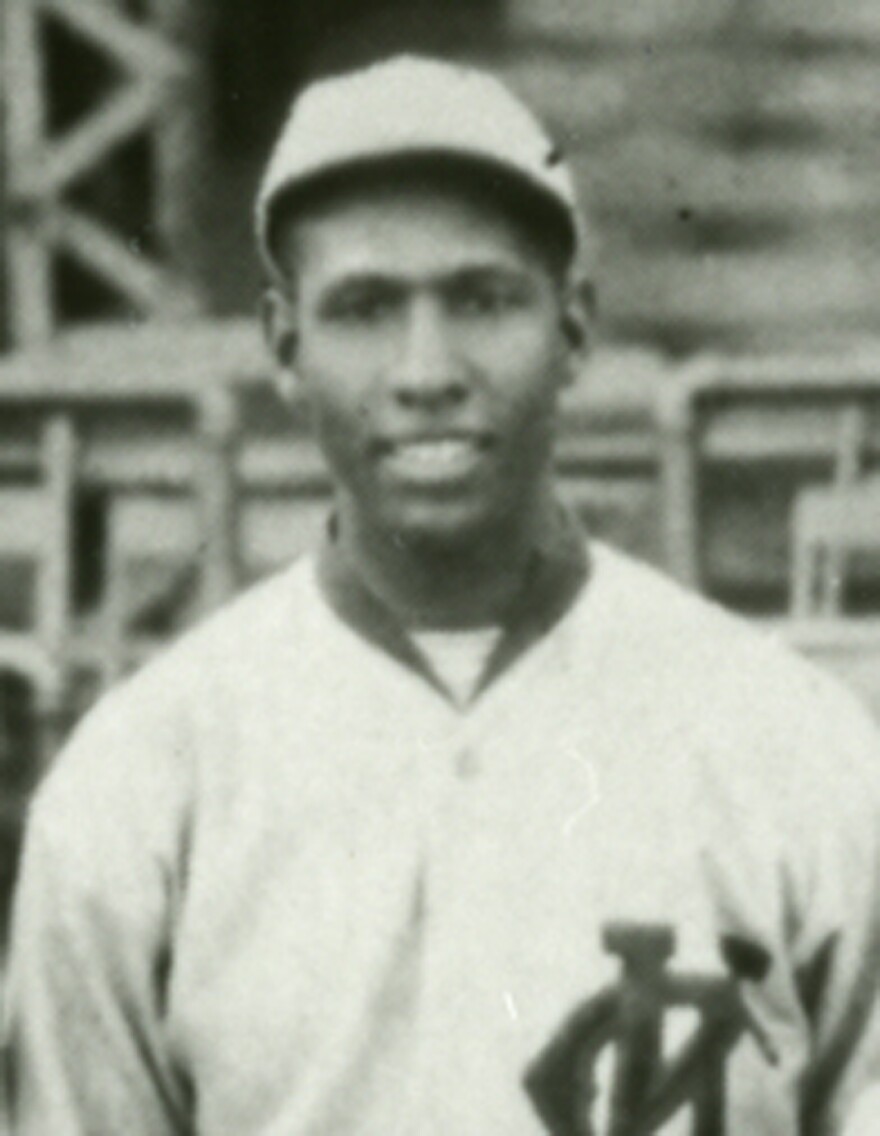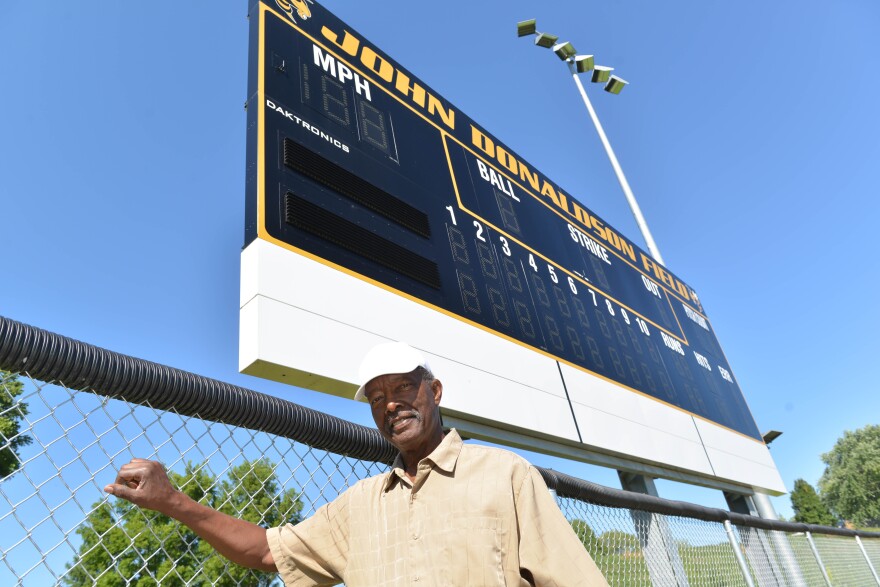Fifty years after his death, former Negro Leagues baseball pitcher John Donaldson will be the talk of the town next month in Glasgow, a small town that sits on the Missouri River in the central part of the state.
By honoring Donaldson the weekend of Sept. 4, the town’s residents will salute a native son and demonstrate the progress the passing decades have brought in race relations.
The tribute comes amid the cry for social change that intensified this summer, triggering weeks of protests, and during a year when the Negro Leagues are being remembered 100 years after their founding.
“At a time when we’re tearing down monuments of hate, here’s this tiny town that is predominantly white that is erecting a statue of a Black man,” says Bob Kendrick, president of the Negro Leagues Baseball Museum in Kansas City.
Kendrick adds, “Literally, it is groundbreaking and significant.”

Donaldson pitched from 1912-1917 for the All Nations Team, an interracial team run by future Kansas City Monarchs owner J.L. Wilkinson.
After the Negro Leagues were founded in 1920 with the Monarchs as one of the charter franchises, Donaldson is credited with giving the Kansas City team its nickname while continuing his career as a Monarchs pitcher.
“John Donaldson was a great baseball player,” says Pete Gorton, a historian who has uncovered 413 victories to Donaldson’s credit.
Only Hall of Famers Cy Young and Walter Johnson surpassed 400 wins in their Major League Baseball career.
“Can I say that he was as great as Cy Young, Nolan Ryan? Satchel Paige even? I believe he was," offers Gorton.
But because Jackie Robinson didn’t break baseball’s color line until 1947, Donaldson and other Negro Leaguers during their early years were denied a chance to play in the majors. In 2006, when 17 figures from the Negro Leagues entered the Hall of Fame in Cooperstown, New York, the most notable omissions were Donaldson and former Monarchs player-manager Buck O’Neil.
The injustice that claimed a life
It wasn’t the only time when there seemed to be no justice regarding Donaldson.
In 1923 a Glasgow constable named Dab Williams fatally shot Donaldson’s father, James, in the face at the town train station. John Donaldson’s reaction to his father being gunned down was never publicized.
“He (John Donaldson) could have been outspoken and talked about what happened, but he needed to survive himself,” said Gorton.
According to the Glasgow Missourian, it was determined that Williams committed a “justifiable homicide” without any consequences, a determination made a few days later.
Eight years earlier, Williams had been involved in another shooting with three Black men in Forest Green, Missouri, just north of Glasgow. Williams was shot in the thigh as a result of that incident.
Don White, a retired Army Corps of Engineers inspector in Glasgow, is a family descendant of two of the men, Isaac White and Spence White, involved in that 1915 shooting with Williams.
Today, White, a former city councilman who has lived in Glasgow almost his whole life, empathizes with the tough times his family and others endured.
“It’s a mean world,” he says.
To illustrate White’s sentiments, Gorton cites some disturbing statistics from the Glasgow area around the turn of the century.
“Data has emerged that, within 50 miles of his house, 18 African-Americans were murdered before John Donaldson was 20 years old,” says Gorton.
Olli Truxton, a Black man, was lynched in Glasgow in 1891, one month before John Donaldson was born.
But Don White believes race relations have improved considerably in Glasgow since the Civil Rights Movement.
“Now, in my opinion, it’s great,” he said.
Kendrick, the museum president, hopes Glasgow inspires other small towns to remember their own native sons who played in the Negro Leagues.


